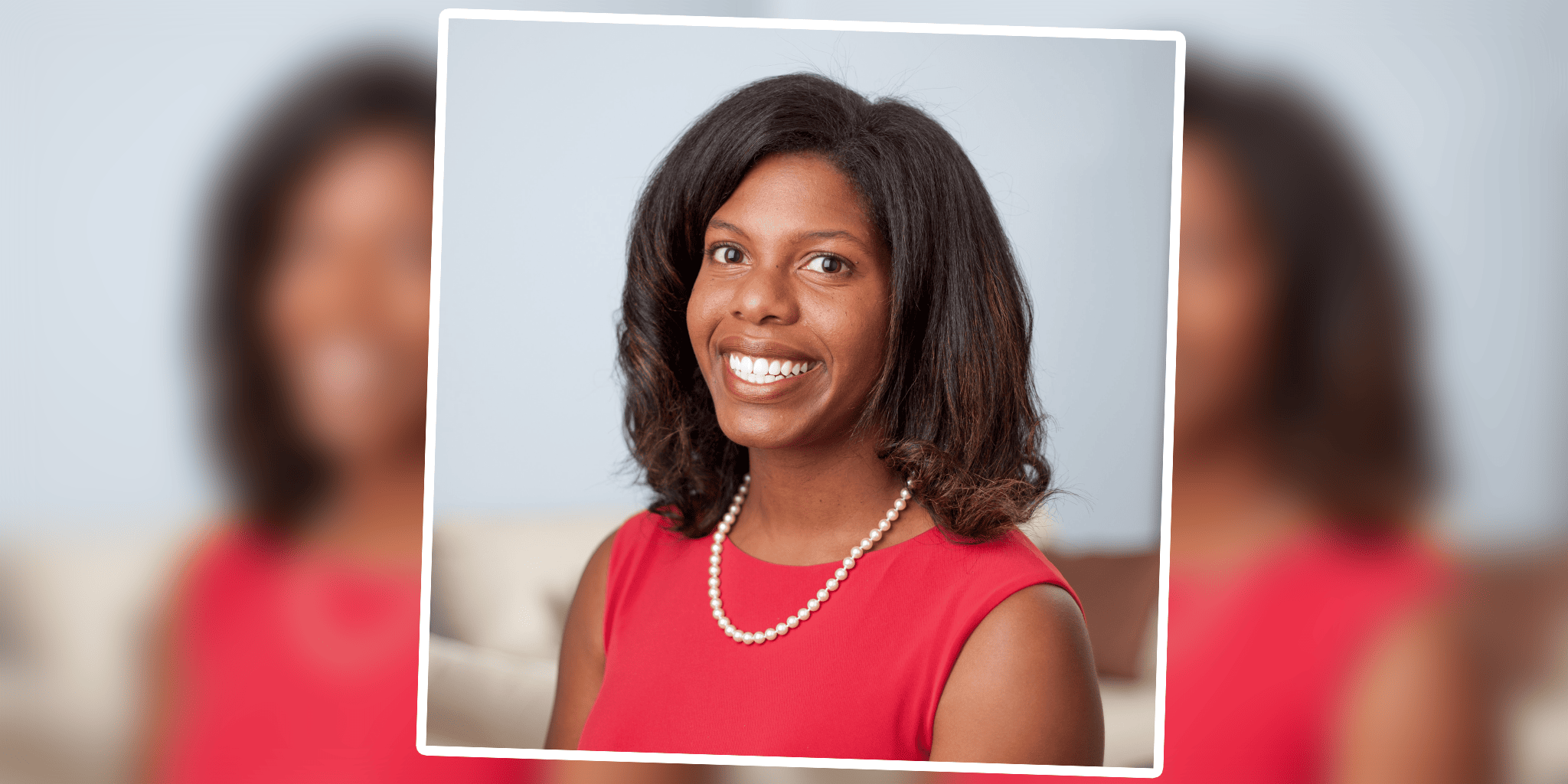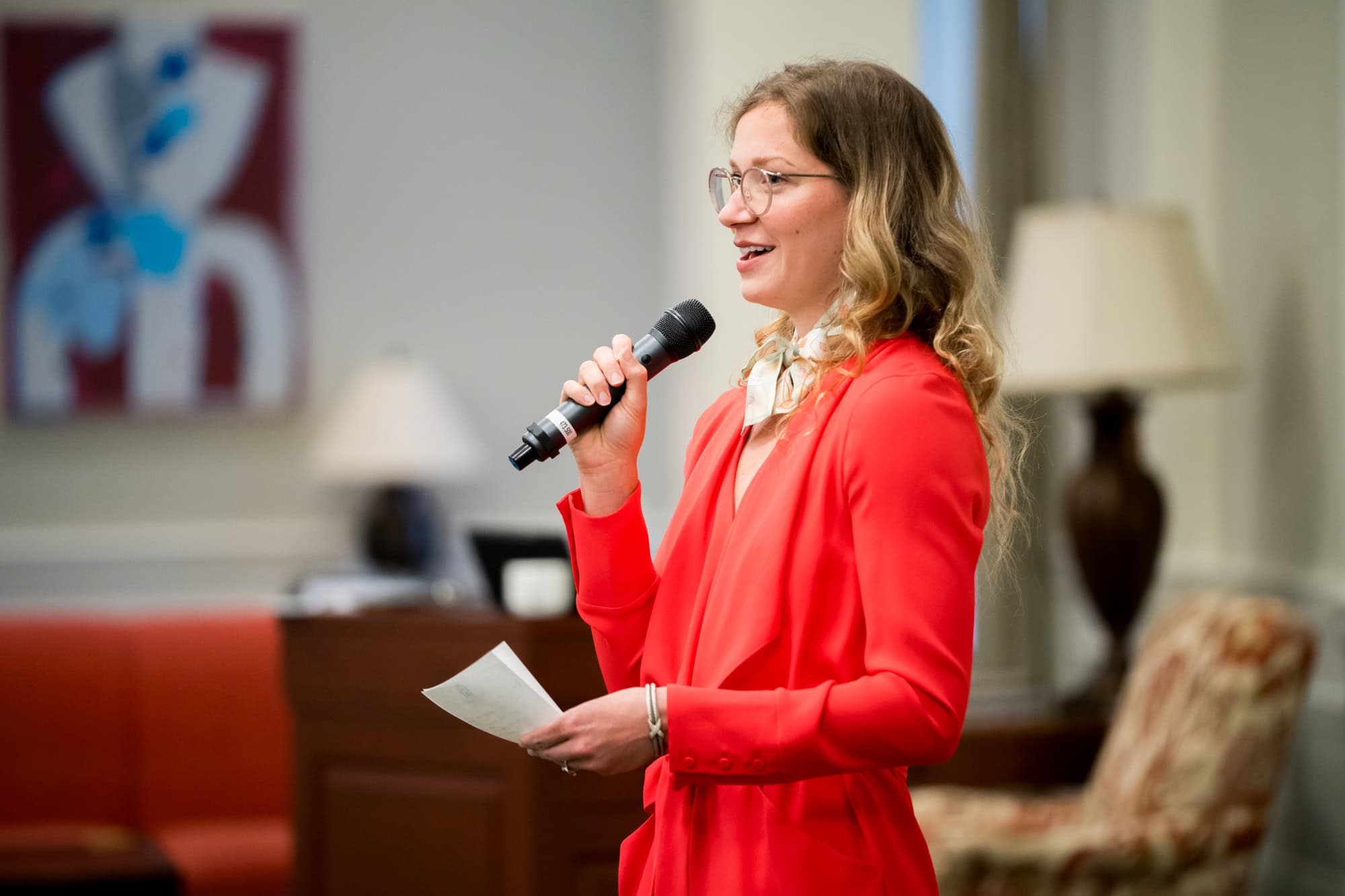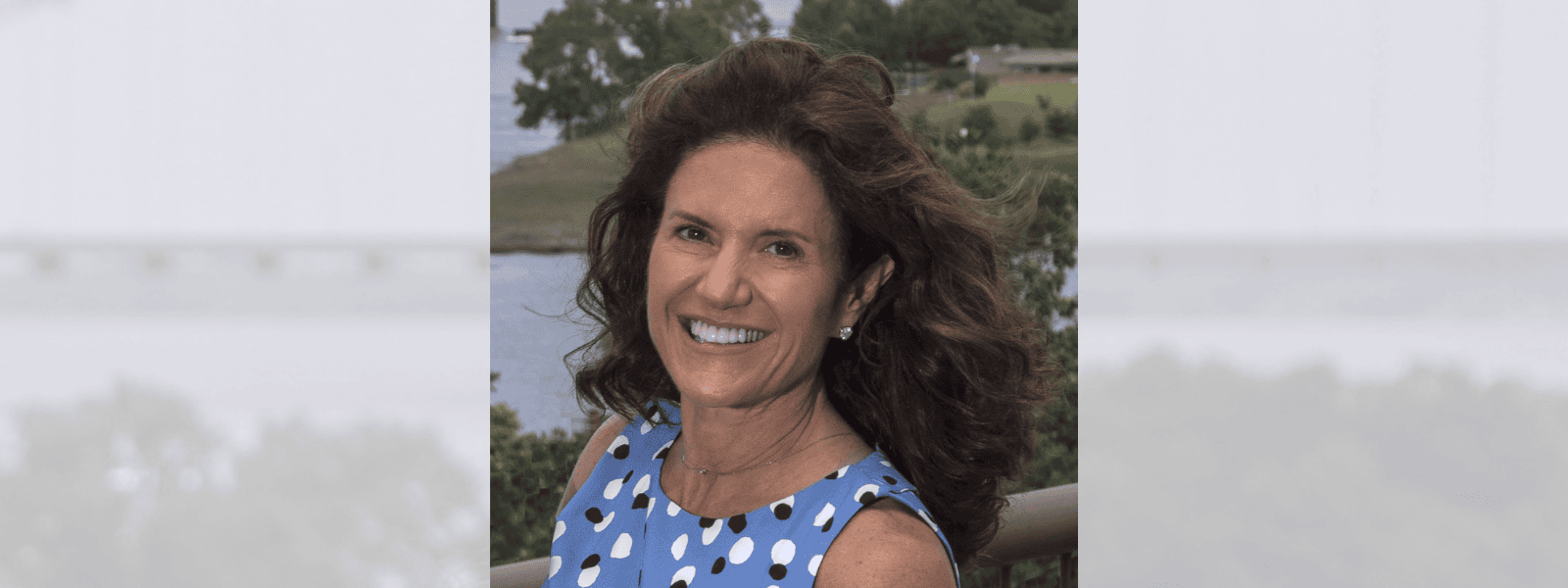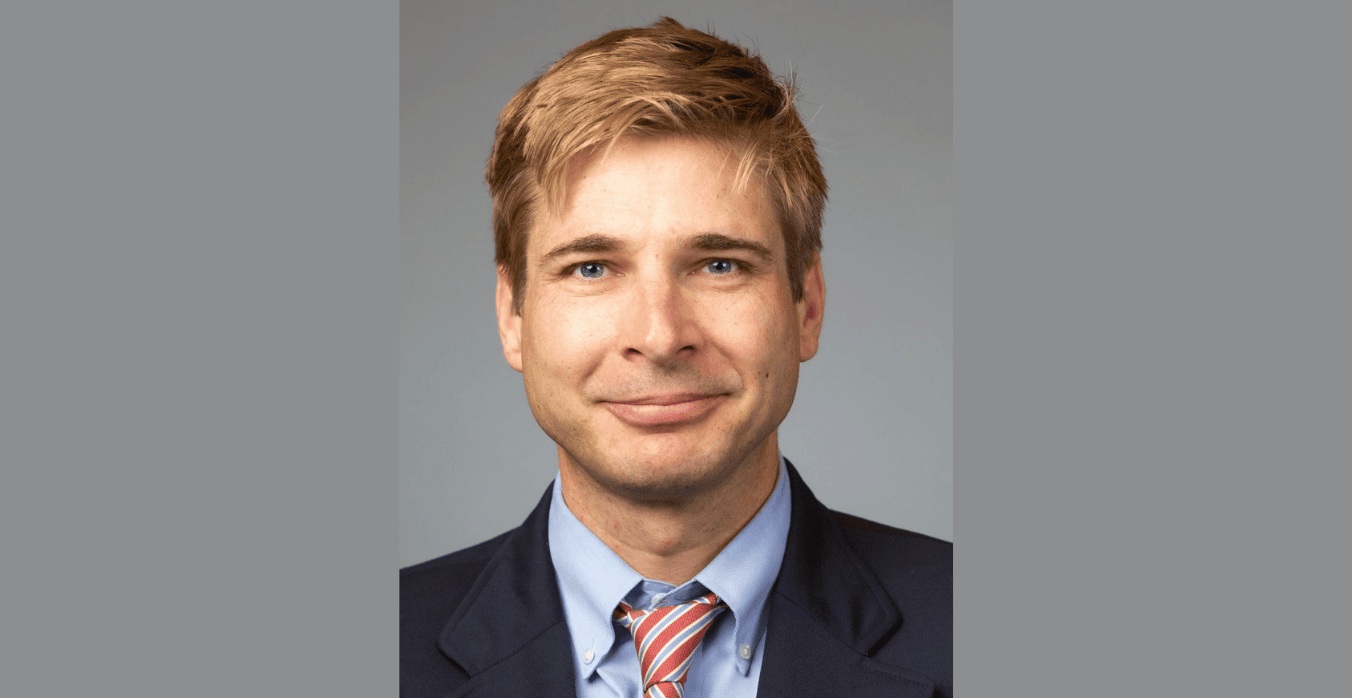Rachel Mazyck Pfeifer ’02 is the executive director for college and career readiness for Baltimore City Public Schools. She says her Carolina experience opened her eyes to educational disparities across the country, motivating her to devote her career to narrowing those gaps.

Rachel Mazyck Pfeifer ’02 will be the keynote speaker at the 2019 Morehead-Cain Final Selection Weekend.
Growing up, Rachel attended a private girls’ school in Washington, D.C.
“We drove an hour to school and then an hour back home every day,” she says. “It was a school of wealthier students. My family wasn’t wealthy, but between financial aid and sacrifices that my family made, we were able to pull it off.”
Rachel liked school and did well academically, but as she grew older she realized her academic success wasn’t simply a result of her intelligence.
“It was an issue of my being exposed to more opportunities, and opportunity generating more opportunity. When I got to Carolina, I realized that a lot of people had not been exposed to the level of instruction that I had been exposed to. I had friends who were celebrated for scoring 1000 on the SAT, and there were relatively few people from their town who had done that. I had friends who studied for the AP on their own because their school wasn’t able to provide AP classes. It became clear to me that this issue of education was a huge issue more broadly.”
Rachel decided she wanted to work to address those disparities. But first, she wanted to pursue more of her own education.
As a Carolina student, she spent a lot of time studying at the Foundation.
“I loved that space, always felt comfortable there, always felt grateful. It felt like a respite from the rest of campus, which I loved,” she says.
One thing in particular that she remembers about the space is a wall of photos that used to hang in a hallway.
“It had pictures of all the Moreheads who had gotten the Rhodes,” Rachel remembers.
Throughout her four years of undergrad, she never considered applying for the Rhodes. At one point her dad suggested it to her, but she shrugged it off. However, that wall of photos kept drawing her back.
“As a student, I used to just walk up and down that hallway and study those pictures,” she remembers. Two faces stood out in particular: Robyn Hadley ’85 and Karen Stevenson ’79—two of the first African-American women to receive the scholarship.
“Those women stood out to me because they looked like me, and they’d walked this path,” Rachel says. “I didn’t even think about the Rhodes, but it had to have been in my head because I can close my eyes right now and see those photos. The Morehead-Cain provided a vision of what was possible, sometimes in subtle ways. But that sticks with me.”
Years later, when Rachel was completing her master’s in education policy and management at Harvard, she finally decided to apply for the Rhodes.
And she won it.
“It was an amazing opportunity to get exposed to the world, to people from around the world,” she says.
Oxford provided much less structure than Harvard. Rachel was expected to meet with her supervisor once per month. And between those meetings, she was expected to self-manage her own research and writing.
“That left a lot of space for conversations with people, and exploring new things,” she says.
“My experience in Oxford reminded me, from an education perspective, that the same issues exist all over the place.”
She wrote her dissertation on school choice for Afro-Cuban families in Birmingham.
“No matter where you go, people want the best for their children. They’re trying to navigate how to get there. And they often take a broad view on what’s good for their children as a whole.”
After Oxford, Rachel returned to the area where she’d grown up, settling between D.C. and Baltimore. She took a job as the executive assistant to the chief academic officer with Baltimore City Public Schools.
Later she worked as executive vice president, and then president, of Collegiate Directions, a nonprofit that provides college access support to first-generation-to-college students from low-income families.
In 2017, Rachel returned to Baltimore City Public Schools as executive director of the college and career readiness department.
“I believe our students in Baltimore have the capability to thrive. Not just to thrive personally, but to contribute to the city, to the state, nation, and world,” Rachel says. “The structures that exist are often set up in a way that makes it much harder for them to contribute, to produce the fruit they would be able to under certain circumstances. I believe they need to have every opportunity to be able to grow and learn and fulfill their potential.”
It’s not a job with frequent tangible rewards.
“Right now it’s budget season, and I think that’s always challenging,” Rachel says. “I’m trying to figure out how to use the resources I have most effectively to meet the needs of the students.”
Another major challenge in her work is violence in the city.
“Students have experienced a lot, on top of just needing to figure out English and math and social studies and science.”
But Rachel’s vision keeps her motivated.
“I try to stay connected to students just so I can stay grounded in the work,” she says. “And I have a team that I love. I have a team of folks that are all really passionate about the work that we do. I love working with them and figuring out hard things together.”
Rachel says Chuck Lovelace ’77, the Foundation’s executive director, connected her with her very first work experience in the public education system. When she was still at Carolina, he introduced her to the superintendent of Orange County schools, Neil Pedersen.
“Dr. Pedersen let me shadow him every week as an independent study,” Rachel says. “Looking back, that’s wild to have this undergraduate follow you around to all these different meetings. Some of the meetings were so boring, I remember nodding off in some of them.” Rachel laughs, then becomes serious.
“I don’t know that I would be working in a district office right now if Dr. Pedersen had not let me see what it was like to be part of working in a school district. And Chuck made that connection. I hadn’t asked for it, but he made the connection as something he thought I might be interested in—and it was really life changing to have that level of exposure as an undergraduate.”
Rachel says that her identity as a Morehead-Cain still influences her decision-making today.
“One of the things that I’ve always valued about the Morehead-Cain is that the Foundation values character and service alongside leadership and academic success. When I think about how I want to live my life, it’s not just about being smart, it’s not just about having a position that has some fancy name, it’s not just about having some title like ‘doctor’—it’s about having the character and orientation towards serving others that makes all that stuff worthwhile. Yes, great leadership. Yes, intelligence. But those things are not as important as the character and the orientation to service.”
In honor of Black History Month, we’re publishing a series featuring four of our many remarkable black alumni. This is the third profile in the series.


